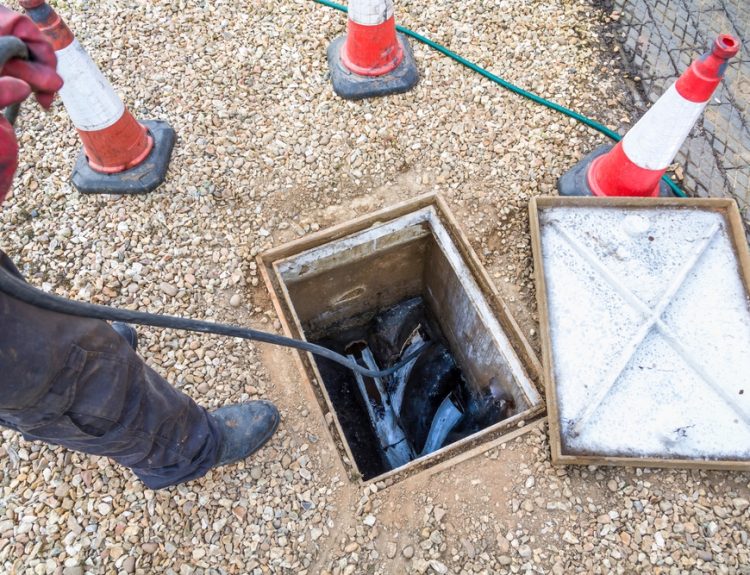With the advent of the global warming crisis that we are facing, we consciously shift into a more sustainable lifestyle. It is our moral obligation and social responsibility for the environment and future generations to embrace this shift. The sustainable way of life is not only for home living but also extends to travel and tourism. We would want to encourage travellers to a more sustainable approach; as a result, the tourism business would adapt and be flexible.
Here are tips on how to travel with high regard for the environment and the local community.
#Supportlocal
Support and patronise the establishments and businesses of your travel destination. Simple means of being supportive are eating and shopping locally, booking local travel operators, and staying at eco-friendly properties in the area. Executing this simple tip when you travel goes a long way because the money you spend on your vacation goes directly to the local community.
Basic courtesy
Extend basic courtesy and proper conduct at your local destination by observing sustainable habits such as not wasting food, minimising trash, and turning lights and equipment off when not in use. During your stay in a hotel, sustainable practices include reusing your towels, reducing linen replacement, and bringing your toiletries.
B.Y.O.B. (Bring your bottle)
In most countries, billions of plastic water bottles are purchased annually. However, out of this number, only a meagre 20% are recycled. To achieve a zero-waste lifestyle in travelling, practice taking your mug, flasks, and reusable bottles with you. Sadly, tourism is a significant garbage contributor in local communities. The B.Y.O.B. initiative can address our major dilemma on trash generators annually.
Patronise eco-friendly hotels, inns and local tour companies
Specialists on solar PV in Cheshire paved the way to introduce renewable solar energy as an alternative energy source in hotels and other tourism businesses. These companies provide services geared towards a more carbon-neutral future.
Check on green certifications of accommodation properties. These are certifications for their commitment to sustainability initiatives.
Aside from these solar installation companies, group tours set aside a portion of their earnings for animal conservation efforts. In addition, hotel properties and accommodations employ local employees in all positions. Therefore, these sustainability initiatives must be a traveller standard when choosing a tourism vendor.
Renewable biofuels
Patronise progressive airline companies that invest in utilising renewable biofuels. Agricultural wastes, wood chips and oil from plants are products that comprise biofuels. The use of renewable biofuel can reduce carbon emissions by up to 80% compared to standard fossil fuel. Airlines that acquired the technology are K.L.M., Qantas, American and Lufthansa airlines.
Mode of transport
Take into consideration the most sustainable option of transport to get around. In group travel, it makes a lot of sense to carpool. Cycling and walking are encouraged when sightseeing. For long-distance travel, lone travellers should take the train or bus rather than flying or driving.
Sustainable travel is synonymous with responsible travelling, eco-tourism and green travel. Going above and beyond to consider how to minimise the negative impacts on the environment and the local community is a step closer to making travel and tourism long term.
Image: https://pixabay.com/photos/airport-transport-woman-girl-2373727/







